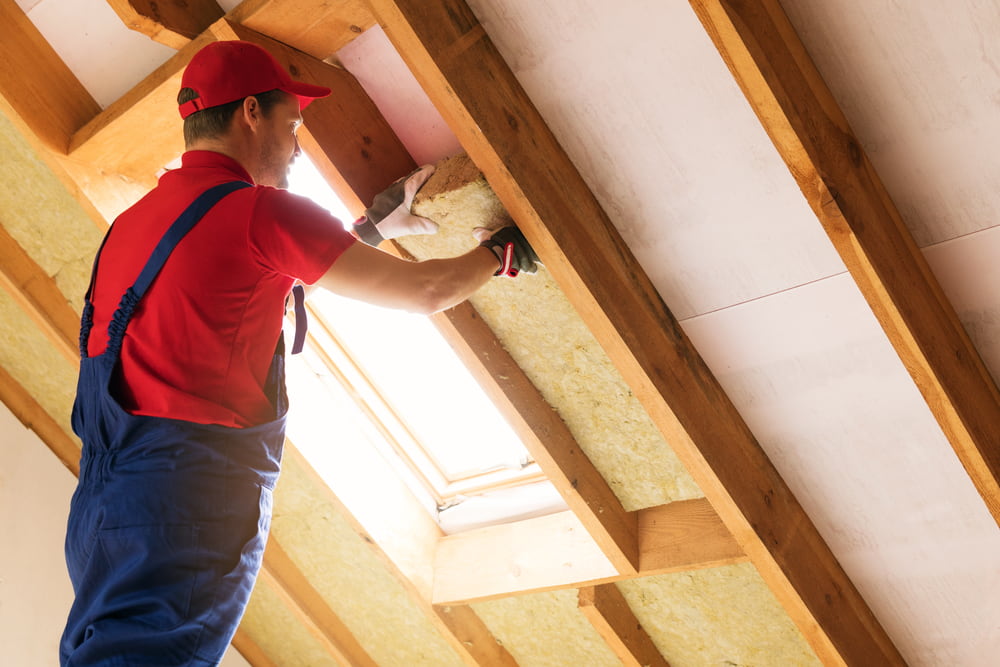Investigating sustainable practices that support a greener and more environmentally conscious way of living is essential in the current period of rising environmental consciousness and the pressing need to combat climate change. While many people and organizations concentrate on recycling and alternative energy sources, there is another frequently disregarded factor that may have a big impact: housing insulation. In addition to creating a cozy and pleasant living space, insulating your home has several positive environmental effects that support a more sustainable future.
Insulation is frequently thought of in relation to keeping our houses warm in the winter. However, its advantages go well beyond only preserving interior temperatures with the help of the wall lining system. Insulation is essential for building a sustainable and ecologically friendly home because it increases energy efficiency and lowers greenhouse gas emissions.
Energy Conservation:
Insulating your house acts as a powerful barrier against heat transfer, helping to conserve energy. By minimizing air leaks and lowering heat loss or gain via walls, roofs, and floors, insulation decreases the need for excessive heating or cooling systems. Know that all of it results in less energy being used and less reliance on fossil fuels. Making these changes can also help in low greenhouse gas emissions. Insulating your home offers a practical way to support international efforts to reduce carbon footprints, with energy saving being a vital component of addressing climate change.
Reduced Carbon Footprint:
Another one of the most significant environmental benefits of house insulation is the reduction of carbon footprint. Know that heating and cooling systems account for a significant portion of energy consumption and rise our energy bills to a maximum level. You can significantly lower your energy needs, thereby reducing the associated carbon dioxide (CO2) emissions from power generation by effectively insulating your house. By adopting insulation measures, homeowners can actively contribute to mitigating climate change and promoting a greener future.
Natural Resource Conservation:
Insulation directly contributes to the conservation of natural resources. By reducing energy demand, insulation lessens the need for extracting, processing, and transporting fossil fuels, such as coal, oil, and natural gas. These resources are finite and their extraction often leads to environmental degradation and habitat destruction. By investing in proper insulation, homeowners can play their part in preserving natural resources, promoting sustainability, and minimizing the ecological impact of energy production.
Waste Reduction:
Insulation also plays a role in waste reduction. By sealing gaps and cracks in the building envelope, insulation helps to minimize air infiltration, preventing drafts and maintaining consistent indoor temperatures. Consequently, this reduces the strain on heating and cooling systems, leading to their more efficient operation. Improved efficiency prolongs the lifespan of HVAC equipment, reducing the need for premature replacements and resulting in lower waste generation. Insulating your house not only saves energy but also contributes to the overall reduction of waste in the form of discarded appliances and components.
Noise Pollution Control:
Insulation not only benefits the environment but also enhances the quality of life within your home. It acts as a barrier against external noise, reducing sound transmission from the outside. Proper insulation can significantly diminish noise pollution, providing a peaceful and quiet living environment. This reduction in noise disturbance enhances well-being, improves sleep quality, and contributes to a healthier and more enjoyable living space.
Investing in house insulation offers multiple environmental benefits that contribute to a more sustainable and eco-friendly future. From energy conservation and reduced carbon footprint to natural resource conservation, waste reduction, and noise pollution control, insulation plays a crucial role in creating a greener living environment. By insulating your house, you not only contribute to environmental preservation but also enjoy improved comfort, reduced energy bills, and a healthier home for years to come.

